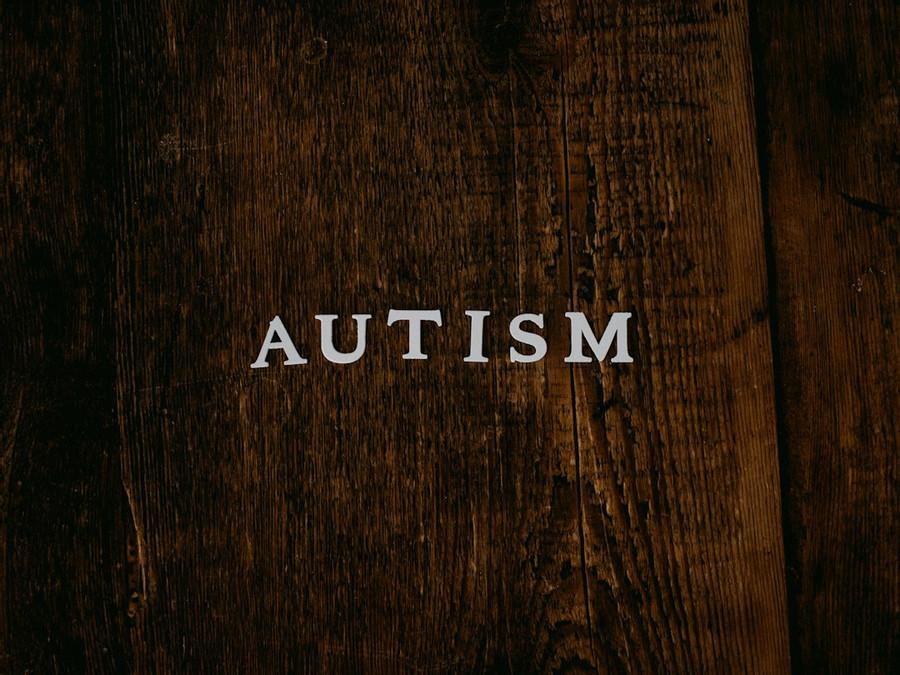Showing No Emotion? It Could Be Flat Affect
Curated from: psychcentral.com
Ideas, facts & insights covering these topics:
11 ideas
·1.04K reads
10
Explore the World's Best Ideas
Join today and uncover 100+ curated journeys from 50+ topics. Unlock access to our mobile app with extensive features.
Flat Affect
- The term “affect” refers to your ability to express emotions.
- Beyond your facial expression, your affect also includes your hand gestures, body language, and even your tone of voice.
- A flat affect refers to low or lack of an emotional expression when the situation may merit a more evident reaction. For example, smiling or laughing at a good joke.
- A flat affect isn’t a condition on its own. It can be a symptom of a mental health condition, although this isn’t always the case.
21
200 reads
Causes of A Flat Affect
While researchers don’t know the exact cause of a flat affect, it may be related to brain chemistry.
More specifically, certain parts of your brain, like the sensorimotor system or the amygdala, may be underactive compared with people who don’t have a flat affect.
While a flat affect is most commonly associated with symptoms of schizophrenia, this isn’t the only explanation for it. Here are some other potential causes.
19
149 reads
Antidepressant Medications
Certain medications, like antidepressants, can cause a flat affect.
In a 2017 study that examined 3,243 user reviews of antidepressants from three health websites, 41% of reviews reported negative emotional and behavioral effects, including a flat affect.
In this case, the reviewers were taking either:
- escitalopram (Lexapro)
- duloxetine (Cymbalta)
- vilazodone (Viibryd)
- vortioxetine (Trintellix)
18
117 reads
Autism Spectrum Disorder
Research shows an overlap in symptoms between schizophrenia and autism. This may sometimes include a flat affect, which has confused experts for decades because the two conditions are very different.
Some autistic people may have a hard time expressing emotions or responding to social interactions, which can present as a flat affect.
For example, in a small 2019 study, researchers found that autistic people had more muted muscle movements in their faces when watching films designed to stimulate emotions than a control group.
19
81 reads
Dementia
Some forms of dementia can cause changes to the frontal and temporal lobes of the brain, which can sometimes manifest behaviorally as a flat affect.
Although not always the rule, symptoms of dementia may include progressive aphasia (the inability to communicate) and a loss of facial expression, according to the National Institute on Aging.
17
71 reads
Depression
As you may know, depression exists on a spectrum.
In some cases, a flat affect may be present along with related symptoms, like anhedonia, or the inability to feel pleasure. This isn’t always the case, though.
Flat affect can result from a decreased emotional response to events around you.
18
86 reads
Muscle Disorders And Other Causes
- Facial paralysis, such as after a stroke or from other muscle disorders, can give someone the appearance of a flat affect.
- People with Parkinson’s disease may experience hypomimia, more commonly known as a “masked face.” This refers to a progressive decline in facial expression, which can manifest as a flat affect.
- A flat affect is considered a “negative” symptom of schizophrenia, which means there’s an absence of a certain emotion or behavior.
17
57 reads
Schizoid Personality Disorder
People who live with schizoid personality disorder may sometimes have some symptoms that overlap with schizophrenia.
According to the diagnostic criteria in the Diagnostic and Statistical Manual of Mental Disorders, 5th edition (DSM-5), this includes avoiding social interactions and displaying emotional coldness, detachment, or a flat affect toward others.
17
73 reads
Signs and Symptoms of Flat Affect
Having a flat affect doesn’t mean that you don’t feel emotions. Rather, it means that your reactions on the outside don’t necessarily match what you’re feeling on the inside.
Some telltale signs of a flat affect include:
- appearing to lack interest
- avoiding eye contact
- apathetic body language or nonverbal cues
- neutral facial expressions
- monotone or flat voice
- lack of hand gestures
20
80 reads
Treatment Of Flat Affect
If you have a flat affect, you may consider treating it. With the appropriate treatment plan in place, this symptom may be treatable and recovery is possible.
It’s highly advisable to reach out to a doctor, neurologist, or mental healthcare professional. A trained professional will be able to determine the underlying cause of your flat affect and provide treatment options.
Treatment will vary according to what caused the flat affect.
18
61 reads
Kinds Of Treatments For The Flat Affect
Medications
If a medication is causing your flat affect, your doctor may change the type of medication you’re taking or the dosage.
Psychotherapy
Therapy is considered a first-line treatment in many of the conditions associated with a flat affect.
Social skills training
For people living with schizophrenia, social skills training can teach you how to express your emotions and body language appropriately for social situations.
Speech therapy
Since a monotone voice is often a sign of a flat affect, this type of training can help you express more emotion using different tones of voice.
18
74 reads
IDEAS CURATED BY
Sarah Moreno's ideas are part of this journey:
Learn more about mentalhealth with this collection
How to communicate effectively with difficult people
How to handle conflict
How to stay calm under pressure
Related collections
Similar ideas
12 ideas
Dopamine Deficiency: Symptoms, Causes & Treatment
my.clevelandclinic.org
9 ideas
Post-Traumatic Stress Disorder (PTSD)
healthline.com
4 ideas
Why melancholia must be understood as distinct from depression
theconversation.com
Read & Learn
20x Faster
without
deepstash
with
deepstash
with
deepstash
Personalized microlearning
—
100+ Learning Journeys
—
Access to 200,000+ ideas
—
Access to the mobile app
—
Unlimited idea saving
—
—
Unlimited history
—
—
Unlimited listening to ideas
—
—
Downloading & offline access
—
—
Supercharge your mind with one idea per day
Enter your email and spend 1 minute every day to learn something new.
I agree to receive email updates









